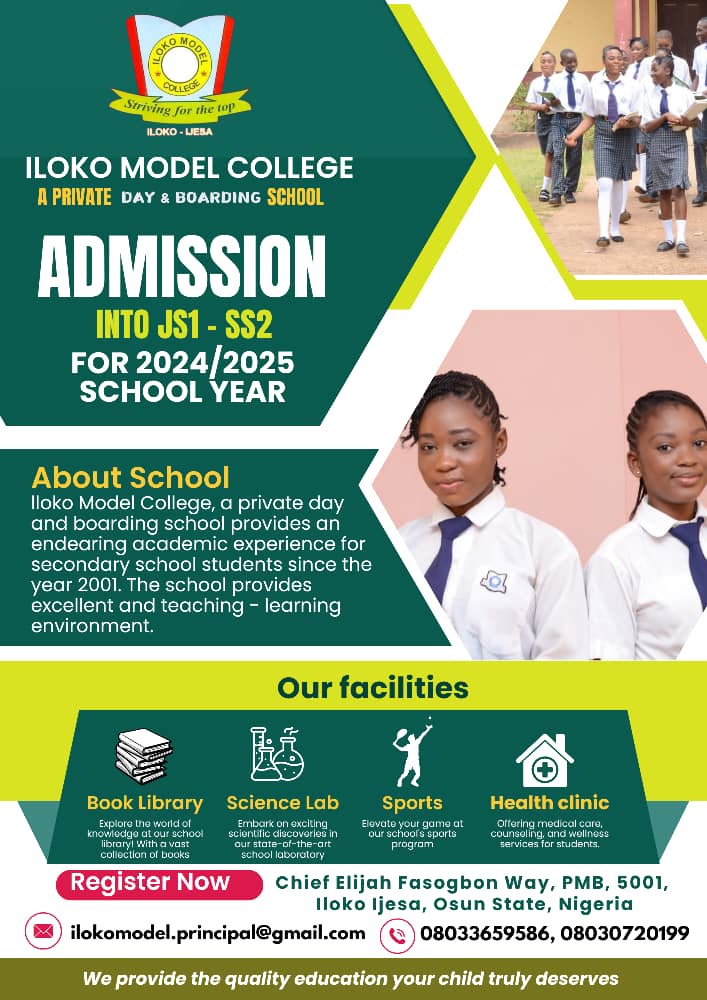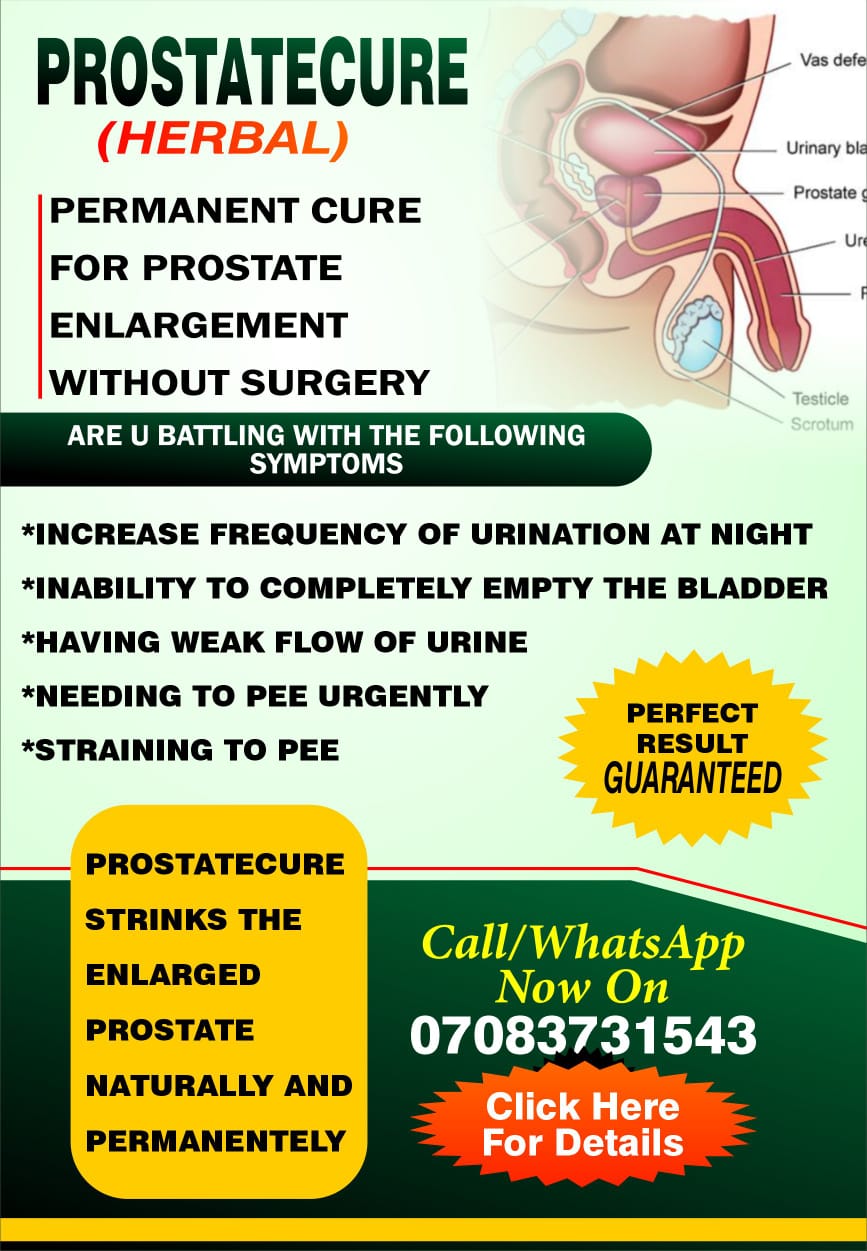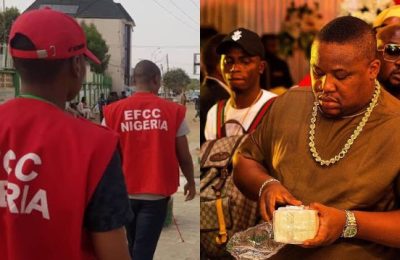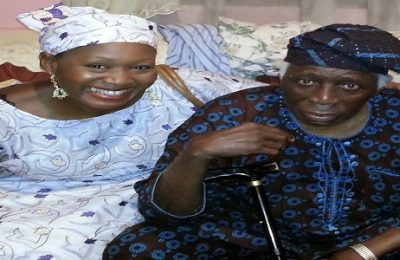
The United Nations Children’s Fund (UNICEF) says 75 percent of Nigerian children aged between seven and 14 years cannot read a simple sentence or solve a basic mathematics problem.
The Agency revealed this in a statement on Tuesday via its country representative, Christian Munduate, to mark this year’s International Day of Education.

Munduate said: “I join the global call to ‘invest in people, prioritize education’ and urge Nigeria to deliver on the commitments made by His Excellency, President Muhammadu Buhari at the UN Secretary General’s Transforming Education Summit in September 2022 to end the global learning crisis.
“In Nigeria, 75 percent of children aged 7 to 14 years cannot read a simple sentence or solve a basic math problem. For children to be able to read to learn, they must be able to learn to read in the first three years of schooling.”

READ ALSO: UNICEF Urges Buhari To Quickly Rescue 30 Abducted Katsina Children
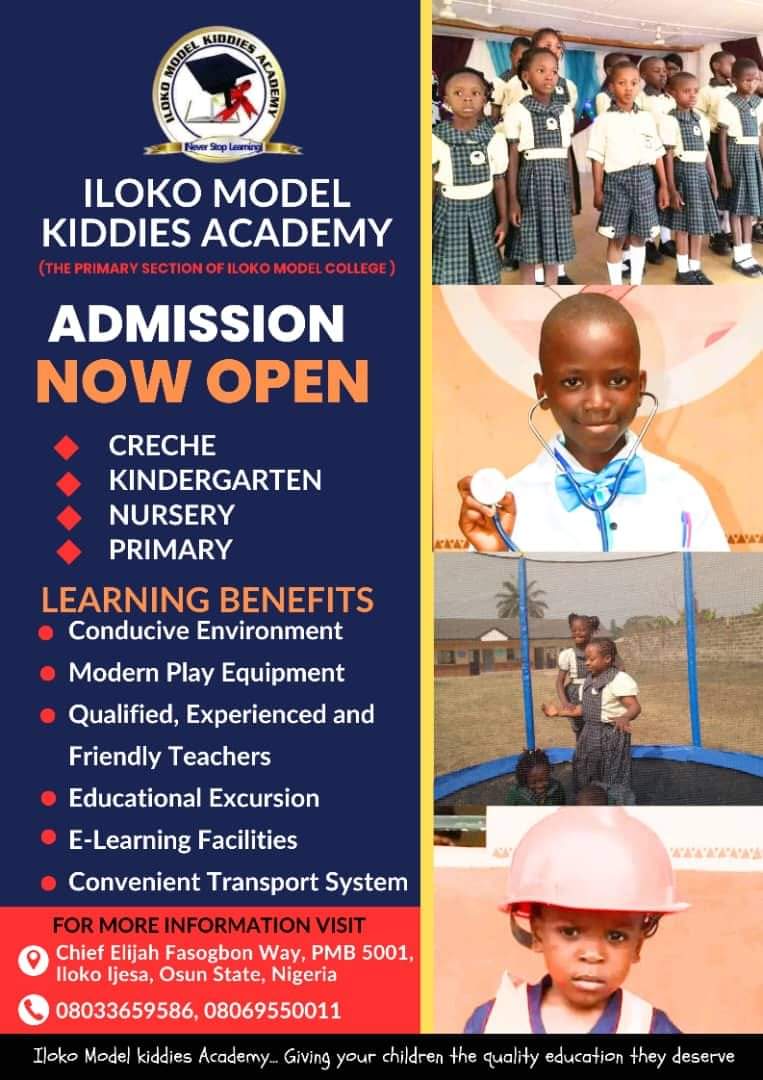
She stated UNICEF’s commitment to the government of Nigeria, in transforming education and to prevent the loss of hard-fought gains in getting children into school, particularly poor, rural children and girls, ensuring that they remain in school, complete their education and attain their full potential.
She added that UNICEF, together with partners, would continue to support federal and state governments to reduce the number of out-of-school children by providing safe, secure and violence free learning environments both in formal and non-formal settings, engaging communities on the importance of education and providing cash transfers to households and to schools.
“Improve learning outcomes by expanding access to quality early childhood education, scaling foundational literacy and numeracy programmes, and offering digital skills and (https://nigeria.learningpassport.org/), life and employability skills to adolescents to enable the school to work transition.
“Increase domestic spending on education to meet the 20% global benchmark by 2030 and to address the infrastructure and teaching backlog that are affecting all children’s access to inclusive and quality education. As Nigeria’s presidential elections draw near, on behalf of UNICEF and the children in Nigeria, I call on all presidential candidates to include investments in education as a top priority in their manifestos.”


